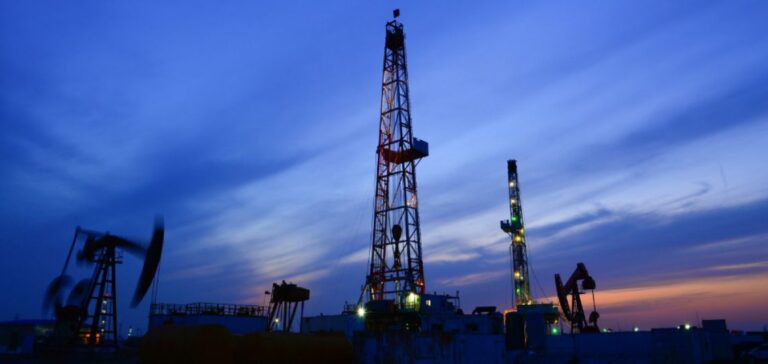Algeria is planning a new auction of oil and gas blocks as part of an international call for tenders announced for October 2025. This programme, called “Algeria Bid Round 2025,” involves four to six exploration areas identified by the National Agency for the Valorization of Hydrocarbon Resources (Alnaft). The initiative is part of a strategy to increase the country’s hydrocarbon production and enhance its attractiveness to foreign investors.
Algeria has already launched several calls for tenders in recent years to boost its oil and gas sector. The most recent, organised in October 2024, was part of a broader plan that includes 17 projects open to investment. These efforts are supported by an ambitious expansion programme, with a target to increase annual gas production to 200 billion cubic metres within five years, up from the current 137 billion cubic metres.
Massive investments to support growth
As part of this expansion, Algeria plans to invest $50 billion in the hydrocarbon sector between 2024 and 2028. Of this amount, $36 billion will be allocated to oil and gas exploration and production. This policy aims to optimise the country’s resource exploitation and ensure a stable energy supply to its commercial partners, particularly in Europe.
A market seeking diversification
To attract new players, Algeria is relying on strategic agreements with international companies. In January 2025, an agreement was signed with the American company Chevron to assess the potential of the country’s offshore areas. Such partnerships reflect Algeria’s commitment to modernising its oil and gas industry and exploring new offshore opportunities.
In a context of fluctuating oil prices and shifting global energy strategies, Algeria is looking to consolidate its position on the international stage. The auction of new oil and gas blocks in October 2025 is part of this approach, aimed at increasing the country’s competitiveness while meeting the growing demand for hydrocarbons.






















